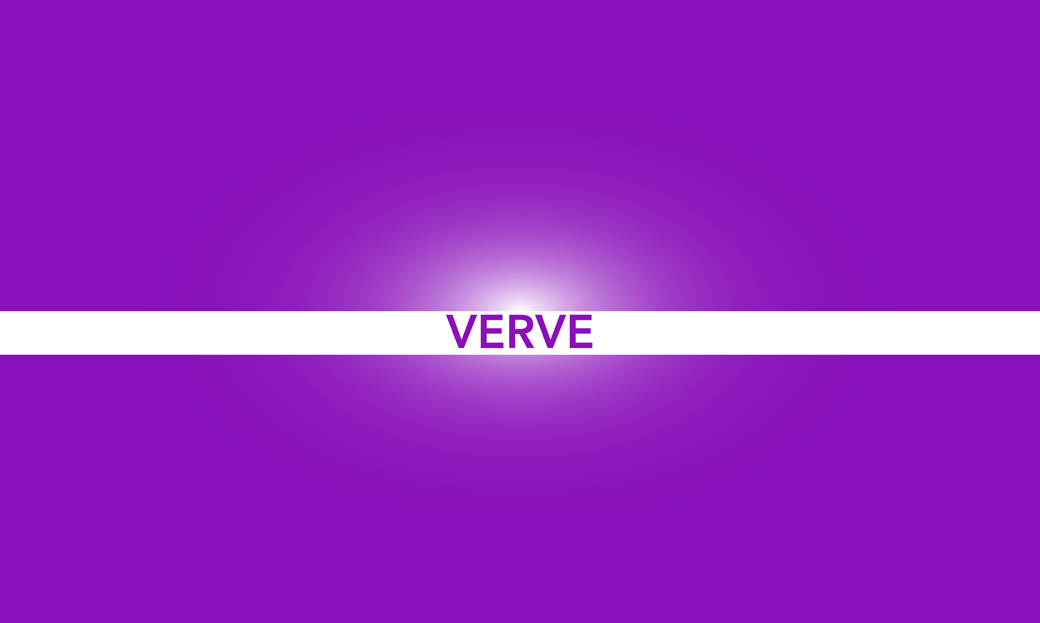
Month of events to address human and sex trafficking
A group of professors and community members are coming together to educate on an overlooked topic — human trafficking.
April is Sexual Assault Awareness Month, so professors from the criminal justice and political science departments decided to cover a topic that isn’t normally talked about on campus. They came up with a three-week event series, which covers a different topic each week.
Bridget Diamond-Welch, a political science professor, said sex trafficking is a more relevant topic than one might think.
“It’s important to know about these issues just because you’re a citizen of this country,” she said. “You’re a citizen of this world and this is an issue that affects millions of people each year and that number is only going to go up. There is going to be more human trafficking as climates shift and populations shift. We’ve had more movement today of the human population than we’ve ever had before, and when you have displacement of people human trafficking is something that becomes likely.”
Three events were planned to discuss the topic. During the first, which was held April 12, participants watched the documentary “Tricked” and listened to a lecture by professor Anna Kosloski from the University of Colorado Colorado Springs.
Before taking questions from students, Kosloski discussed five common myths about sex trafficking:
- It only happens in other countries
- It must involve movement (across borders)
- Human trafficking is only sex trafficking
- Leaving trafficking is easy
- Human trafficking is too big an issue to counter
Kosloski debunked these myths and talked about how students can educate others on human and sex trafficking and how to notice signs of someone possibly being trafficked.
The remaining events will each have a different focus. The April 19 event, in Farber Hall at 6 p.m., will look at human trafficking closer to home. Assistant U.S. Attorney Kevin Koliner and James Legg of the Fusion Center will be discussing sex trafficking in South Dakota.
At the final event, a representative from the Yazidi organization will talk about forced marriage and sexual slavery under the Islamic State after a screening of the documentary “Escaping ISIS” on April 26 at 6 p.m. in Farber Hall.
Diamond-Welch said this might be the most heart-wrenching of the events.
“They are a religious minority group that are being targeted by ISIS for genocide, so as part of that, ISIS has actually legalized the enslavement of Yazidi people,” she said.
Kaylie Timm, a senior criminal justice major, attended the first event and said events like this impact everyone, not just criminal justice majors.
“I feel like there needs to be more of a presence of other people that maybe aren’t in the criminal justice classes,” she said. “These topics are really important because it has to do with our society and there is going to be laws made that would connect these topics and people need to know what’s going on in order to vote on the next law.”
Diamond-Welch said it’s a good thing for everyone to participate because of the many misconceptions surrounding sex trafficking.
“A lot of times people have this false misconception,” she said. “They think if they are going to a strip club or they are getting a lap dance or they are watching pornography… it’s someone who has made a decision to participate when often times that participation is coerced, so I think it’s good to be aware of that.”
About 50 people attended the last event, and Diamond-Welch said she hopes numbers will grow as more people hear about the events.
Diamond-Welch said an important takeaway is that someone can come into contact with a victim of trafficking anywhere.
“So just from a humanitarian perspective,” she said, “it’s a really good idea to educate yourself about these things because they can be affecting your neighbors, someone you meet at the park or someone you meet on a plane.”

